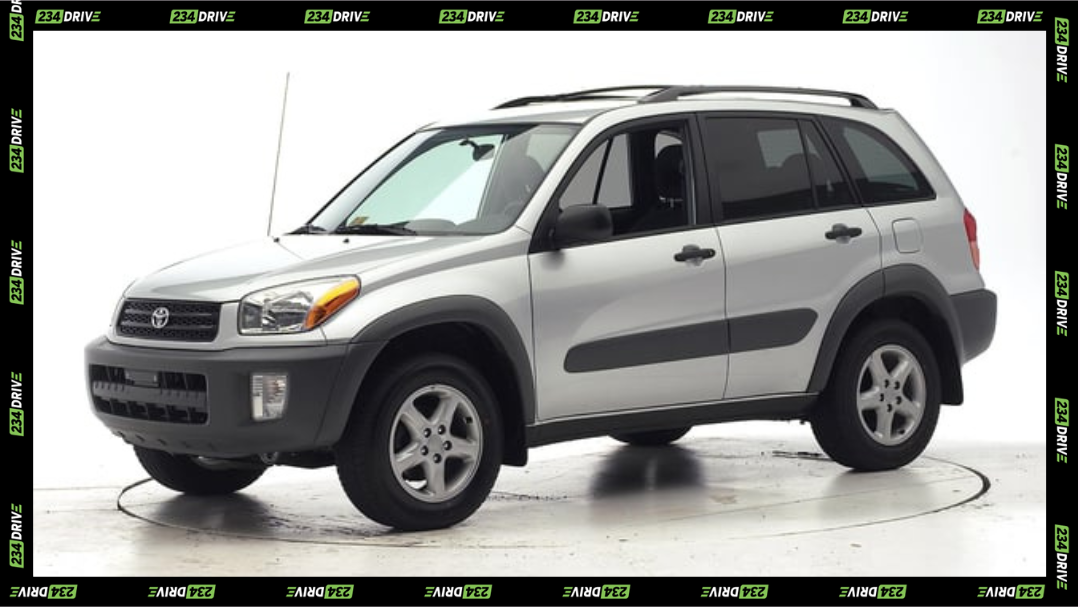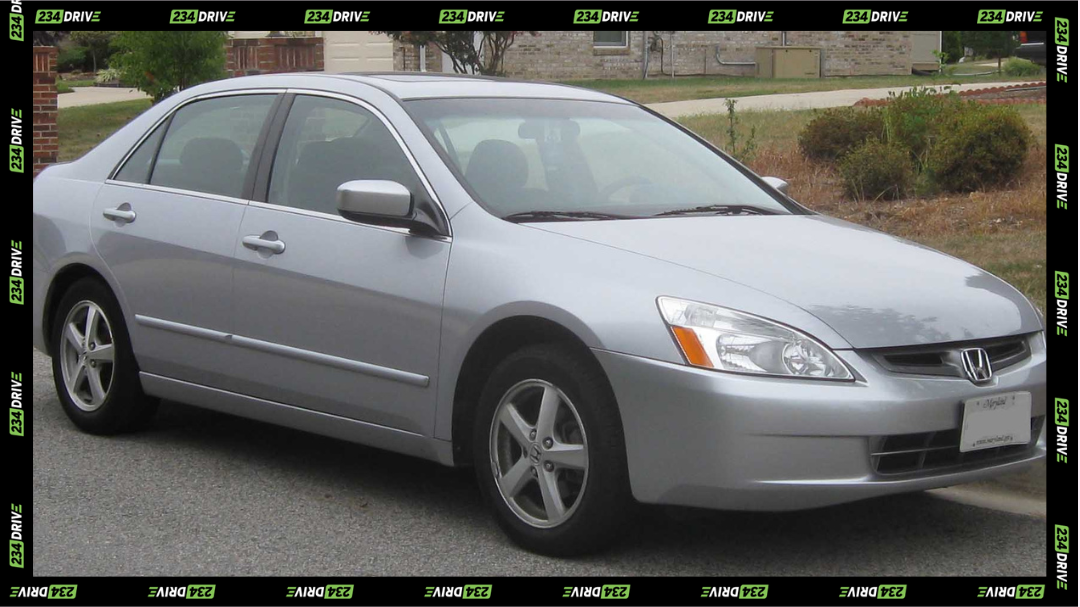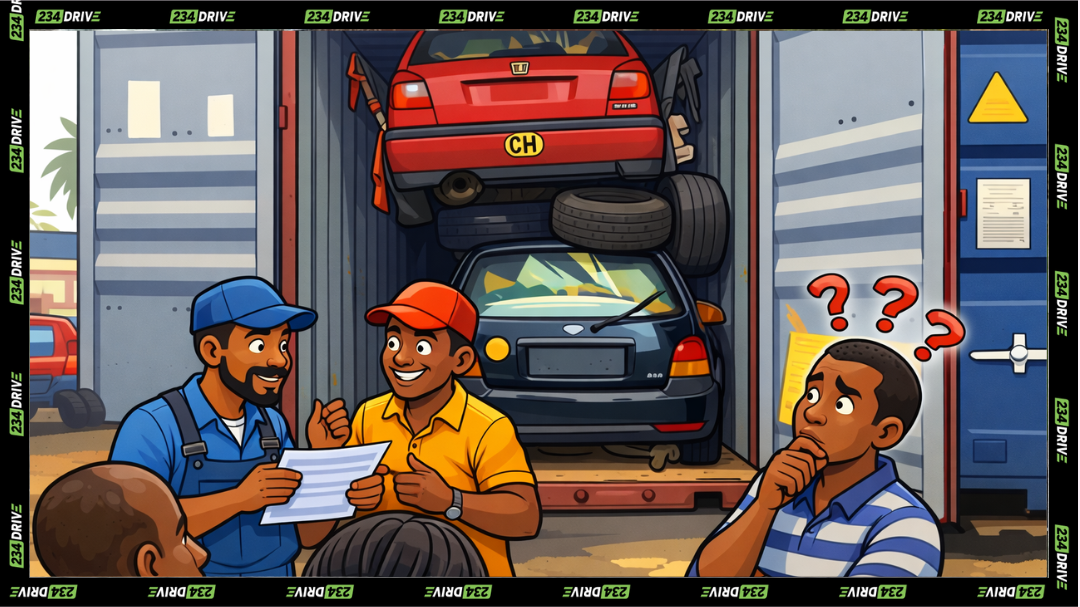In a market where car prices keep climbing and clean-title deals are becoming scarce, many savvy buyers are turning to an unlikely source: salvage cars. But what are they really getting into?
Salvage cars are vehicles that insurance companies have declared a total loss—usually because the cost of repairs exceeds a certain percentage of the vehicle’s value (typically 75%). These cars might have been in serious accidents, floods, fires, or even recovered after theft. Once given a salvage title, they’re sold at auctions—often at a small fraction of their original value.

These vehicles come with risks, but also with potential rewards. For mechanically inclined buyers, rebuilders, exporters, or bargain hunters, salvage cars offer a way to own a vehicle at a steep discount. However, it takes due diligence, research, and a realistic mindset to make the most of such a purchase.
Where Can You Buy Salvage Cars?
If you’re shopping for a salvage car in the USA, online auctions are the go-to. These platforms have become increasingly popular because they offer access to thousands of listings nationwide and often allow individual buyers without dealer licenses. Some of the most reputable platforms include:
- IAA (Insurance Auto Auctions) – Known for its detailed listings and repairable cars, including electric vehicles and trucks. Offers services like inspection reports and online bidding tools.
- Copart – Offers a huge selection of salvage-title vehicles. Known for its user-friendly platform and global shipping options, Copart serves a wide range of buyers from DIY mechanics to export dealers.
- Salvagebid – A middleman platform that allows you to bid on Copart and IAA vehicles without a dealer license. Also offers pre-bid and live auctions.
- Auto4Export – Specialises in salvage cars for export. Offers support with international paperwork, logistics, and shipping.
- eRepairables – Aggregates listings from multiple salvage auctions. Ideal for users who want a broad selection in one place. Also includes tools for vehicle history and transport.
Most of these platforms require account creation and, in some cases, a refundable deposit. Some also offer vehicle condition reports, photos, and VIN-based history checks.
What to Watch Out for When Buying a Salvage Car
Buying a salvage car isn’t a decision to take lightly. You’re not just buying a used car; you’re buying one with a damaged history. That means more questions, more paperwork, and more inspection.
Here are the key things you should absolutely consider before placing a bid:
1. Type of Damage
Not all damage is created equal. Cars damaged by floods or fires may have deep-seated issues. Flood damage can affect electronics, upholstery, and engine components, while fire damage may impact structural integrity. These types of damage are often unpredictable and difficult to repair reliably.
Collision damage is usually the safest bet—especially if the car has cosmetic or body damage that didn’t affect the frame or mechanical systems. If the frame is intact and airbags haven’t deployed, you could be looking at a cost-effective repair.
2. Insurance and Financing
One of the biggest downsides of salvage cars is the insurance and financing roadblocks. Most banks won’t finance salvage-title vehicles, meaning you’ll have to pay out-of-pocket. Even after repairs, many insurers will only offer liability coverage, and some won’t insure the vehicle at all.
Before purchasing, call several insurance providers and confirm their policy on salvage and rebuilt title vehicles. It’s also smart to ask about premiums, as they might still be higher despite the car’s lower value.
3. Value Assessment
Salvage cars are cheaper, yes—but by how much? On average, a rebuilt salvage car is worth about 60% of a comparable clean-title vehicle. That means if a clean-title Toyota Camry is worth $15,000, the salvage version—after being fully repaired—might only fetch around $9,000.
Use valuation tools like:
- Kelley Blue Book (KBB)
- NADA Guides
Compare these values before bidding and budget for repairs, towing, inspections, and title processing.
4. Inspections are Non-Negotiable
Pre-purchase inspections are crucial. Even though platforms provide photos and basic descriptions, hidden issues often go unnoticed without a physical review. If you’re serious about a car, arrange for a mechanic to inspect it—or be prepared to do the work yourself.
Also, after repairs, you’ll need a rebuilt inspection to convert the salvage title to a rebuilt title. Each state has different requirements. For example:
- In Florida, the car must be inspected by the DMV.
- In California, the CHP must inspect the vehicle and certify that it’s safe.
Check your state DMV website for details.
5. Know the Legal Requirements
Legal frameworks for salvage cars vary by state. Some states make it easy to rebuild and register a salvage car; others are stricter. Important factors include:
- Whether the car can be titled again
- Requirements for rebuilt inspection
- Emissions standards
- License and registration process
Failing to meet legal requirements could leave you with a non-drivable car.
Additional Considerations Before Purchase
6. Transport and Logistics
Salvage cars aren’t street-legal until they’re repaired and inspected. That means you can’t drive them from the auction—you’ll need to arrange for flatbed towing or a trailer. If you’re buying out of state or for export, this cost can add up quickly.
Platforms like Auto4Export and Copart offer transport options at extra cost.
7. Repaired vs. Unrepaired Vehicles
Some listings feature already repaired salvage cars—others are as-is. Repaired cars can be driven away (after registration), but they might conceal poor workmanship or cut corners.
Unrepaired cars give you control over the process. You can choose your own parts, shops, and standards. But it takes time and effort. If you’re not mechanically inclined, consider hiring a professional rebuilder.
8. VIN History & Theft Recovery
Some salvage cars are listed due to theft recovery. These may not have physical damage but could have tampered electronics or missing parts.
Always run a VIN check:
This helps uncover past incidents, insurance claims, and whether the car was reported stolen.
9. Reputation of Seller or Dealer
If buying from an individual or dealer, verify their credibility. Use the Better Business Bureau to review ratings and complaints. Avoid sellers with vague listings or who dodge questions.
Some bad actors flip salvage cars without disclosing full damage or repair quality. Don’t fall for “light damage only” claims on newer models without documented repairs.
Are Salvage Cars Worth It?
It depends on your goal.
If you’re looking to save money, are handy with repairs, or don’t mind limited insurance options, salvage cars can be an incredible deal. Mechanics, auto shop students, and resellers often profit from flipping these cars after fixing them.
However, they’re not for the faint of heart. You’ll need time, money, and willingness to deal with red tape. The savings can disappear quickly if the car turns into a money pit.
In a Nutshell
Where to Buy
| Platform | Features | Notes |
| IAA | Online auctions, condition reports | Requires registration |
| Copart | Large inventory, global buyers | Offers transport services |
| Salvagebid | Middleman access to Copart/IAA auctions | Easy access for individuals |
| Auto4Export | Export-friendly, paperwork assistance | Ideal for international buyers |
| eRepairables | Aggregated listings, simple search tools | VIN lookup and inspection info |
Key Considerations
| Factor | What to Know |
| Type of Damage | Avoid flood/fire damage; prefer cosmetic/body repairs |
| Insurance | Mostly liability coverage only; limited comprehensive options |
| Financing | Rarely available; plan for cash purchases |
| Inspections | Pre-purchase & rebuilt title inspection are mandatory |
| Legal Requirements | Varies by state; DMV checks are essential |
| Transportation | Must tow from auction; factor into cost |
| VIN Check | Use NICB/Carfax to verify salvage or theft history |
Final Thoughts
Buying a salvage car in the USA is a high-risk, high-reward situation. When done right, it can be one of the most cost-effective ways to own a vehicle. But it’s not a shortcut—it’s a side road that requires a map, some elbow grease, and patience.
Do your homework. Set a strict budget. Run the VIN. Line up a mechanic. And be prepared for surprises.
If all that sounds like your kind of adventure? Then welcome to the world of salvage cars—where second chances start with a dented fender and a little vision.










